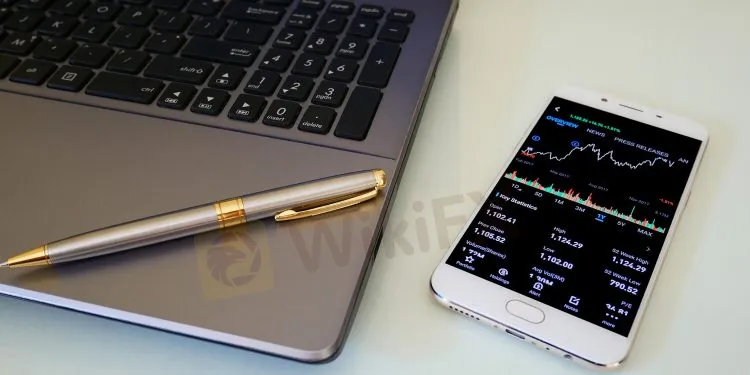简体中文
繁體中文
English
Pусский
日本語
ภาษาไทย
Tiếng Việt
Bahasa Indonesia
Español
हिन्दी
Filippiiniläinen
Français
Deutsch
Português
Türkçe
한국어
العربية
Why is It Important to Know The Right Brokerage Fee?
Abstract:A broker and a brokerage charge are probably not unfamiliar terms to traders and investors. However, you should not only study what they are, but also what they do (and how much you should pay).

A broker is a person or an organisation who assists you in completing your transaction. A brokerage fee is the money that compensates the service automatically.
The most common type of brokers are stockbrokers. That said, there are also other types of brokers in real estate or property, mortgage brokers, and in business, mostly B2B.
Brokers mostly charge you money in two varieties of payment. Respectively, they are percentage-based and flat rates. Depending on the brokers, the amount varies.
While brokers mostly handle the execution of transactions, they also sometimes charge for other services too such as regular reports. This, in addition, underlines the importance of knowing the right brokerage fees as people oftentimes pay brokers inappropriately in contrast to the services.
The Right Brokerage Fee
The right brokerage fee does not directly translate to the exact amount of percentage you have to pay. Instead, the right one means that you ensure that your brokers charge you the right amount according to the services they provide.
For starter, you can inspect the types of brokers you are dealing with. Mainly, there exists three types of brokers who offer different services at different prices.
Firstly, if you are using a full-time service broker, you can expect to receive services such as transaction assistance, research reports, tax consultation, and so forth. Per clients managed asset, the fee mainly ranges around 1% up to 2%.
Secondly, the downgrade version of a full-time broker is a discount broker. Unlike the preceding, discount brokers generally handle transactions only. Their commission is also lower and mostly flat.
The last-but-not-least type is the online broker which handles transactions online. Unlike the previous two, the fee for this broker depends on the broker itself. As they are a lot cheaper, their services are also a lot limited.

Disclaimer:
The views in this article only represent the author's personal views, and do not constitute investment advice on this platform. This platform does not guarantee the accuracy, completeness and timeliness of the information in the article, and will not be liable for any loss caused by the use of or reliance on the information in the article.
Read more

WikiFX Review: Is IQ Option trustworthy?
IQ Option is catching our eye as it seems to be a trending topic. For those who want to know whether IQ Option is a reliable broker, WikiFX made this article to help you better understand this broker.

Pros and Cons of Choosing Unregulated Forex Brokers
Discover the pros and cons of unregulated forex brokers, explore risks, benefits, and key features, and learn how to evaluate their credibility with the WikiFX app.

5 Questions to Ask Yourself Before Taking a Trade
Before executing any trade, traders should pause and ask themselves critical questions to ensure they are making rational and well-informed decisions. Here are five questions to help you reflect on your strategy, manage risk, and control emotions before entering the market.

Interactive Brokers Boosts IBKR Desktop with Advanced Tools
Interactive Brokers upgrades IBKR Desktop with powerful tools like MultiSort, Option Lattice, and enhanced charting, simplifying global trading for all skill levels.
WikiFX Broker
Latest News
HTFX Clone Firm Exposed
Spotware Unveils cTrader Store, Global Marketplace for Algo Creators
Elderly Trader Loses RM2.1M in WhatsApp Forex Scam
Gigamax Scam: Tracking Key Suspects in RM7 Million Crypto Fraud
TradeExpert: A Forex Broker Under Scrutiny
Singaporean Arrested in Thailand for 22.4 Million Baht Crypto Scam
Trader Turns $27 Into $52M With PEPE Coin, Breaking Records
ASIC Sues HSBC Australia Over $23M Scam Failures
WikiFX Review: Is IQ Option trustworthy?
IOTA Leads Blockchain Innovation in Southeast Asia by 2025
Currency Calculator


